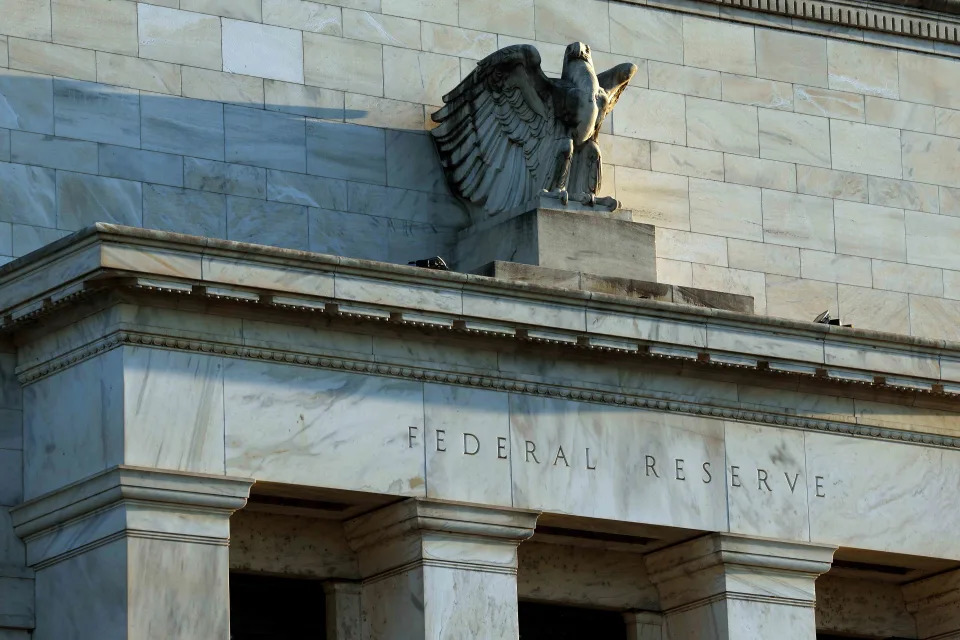News
Federal Reserve Officials Are Cautiously Optimistic About the Labor Market

Key Takeaways
With jobs bouncing back in the latest U.S. employment report, Federal Reserve officials said that the labor market was in a good place. But that doesn’t necessarily mean that it’s time to cut rates, officials said.
“The labor market remains in a good position. Jobs are expanding, there’s about one vacancy for every unemployed worker. So that's a balanced labor market. That's a good thing,” San Francisco Federal Reserve Bank President Mary Daly said at an economic forum.
Chicago Federal Reserve Bank President Austan Goolsbee cautioned that jobs reports should be looked at in context with prior months but said the November results appeared promising. The report showed that employers added 227,000 jobs in the month , coming after strikes and storm disruptions suppressed hiring in the prior month.
“The job market was cooling for a while from the hottest that we've ever seen to something like sustainable full employment,” Goolsbee told an economic conference in Chicago. “And the last several months feel like it's hovered around in that space.”
Labor Market Just Part of Data Fed Examining Before Rate Decision
The labor market is one of the data points that Fed officials examine when determining where to set interest rates . However, with the economy performing well, Cleveland Federal Reserve Bank President Beth Hammack said there may not be much room to cut interest rates from their current levels when Fed officials meet in December.
“As I take into account strong economic growth, the low unemployment rate, still-elevated inflation, and signals from financial markets, among other factors, my overall view is that monetary policy is only somewhat restrictive today,” Hammack said.
While Goolsbee didn’t comment on whether the Fed should cut at its next meeting, he did see economic conditions giving way to more interest rate reductions in the future.
“Over the next year, if conditions evolve the way they have been at—the way that I expect them to—rates are going to be a fair bit lower than where they are today,” Goolsbee said.
Friday is the last day for Federal Reserve officials to make remarks before the start of the blackout period ahead of the Dec. 17-18 Federal Open Market Committee (FOMC) meeting.
Read the original article on Investopedia

